The phenomena of Generative Artificial Intelligence (AI) has recently been a hot topic in higher education. We have grown used to the everyday use of generative AI in web searches and spell checkers. Given that the use of pretrained chatbots is here to stay, education and discussion around the area can assist staff and students to navigate ethical and realistic views toward using and evaluating AI tools in study and research.
In the next step in the discussion, Academic Board has approved a University Guidance Note, part of “An Academic’s Guide to” series of guidance notes, on the use of AI tools. This is available on the Academic Integrity page of the University website here. The guide includes general career enhancement skills using AI, copyright, authorship, citations, skills development, quality assurance and grading, and research and grants. Reflecting the more prominent key issues in the sector, it also includes educational uses for generative AI, deeper knowledge for students of integrity issues, and particularly assessment design.
Institutions are free to assess students’ knowledge and understanding in many ways. We are not restricted by former practices, nor should we abandon the great traditions of theological and liberal arts learning. Here is an opportunity to match the increasing sophistication of AI in order to mine innovative and ground-breaking methods of assessment at the University for knowledge, inclusion, equity and collaboration. Academic Programs can link staff to workshops in peer review of assessment in order to consider assessment effectiveness and review curriculum, and have invited higher education experts to provide ideas and discussion through webinars. Colleges and Schools have proven the capacity to collaborate and discuss educational issues, with this issue being no exception. Changes and improvements to assessment could impact and improve the experience of students and researchers in ways that have not been formerly imagined.
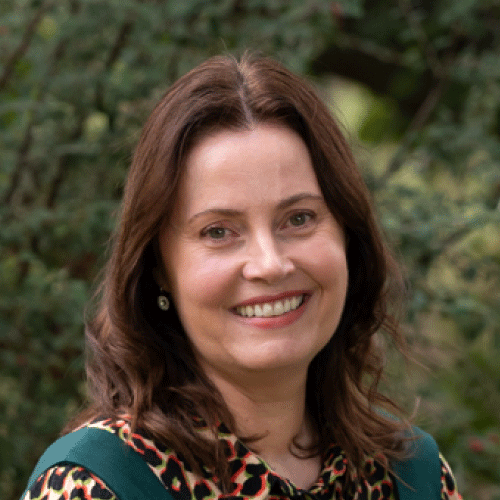
Dr Carolyn Alsen is Learning and Teaching Manager in the Academic Programs department at the University of Divinity. Carolyn has experience in Higher Education management, academic quality and strategic planning, lecturing in biblical studies and linguistics, curriculum design, quality compliance and research in Australian and international Universities. In her role, Carolyn drives improvements to academic quality and student experience at the University.



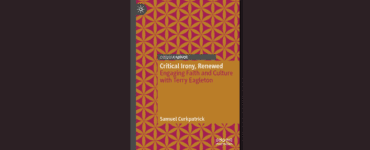
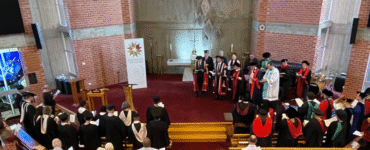
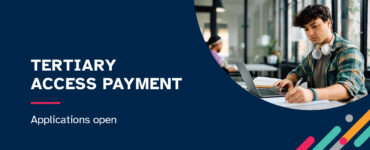
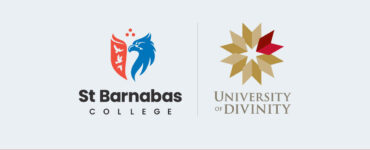
Add comment